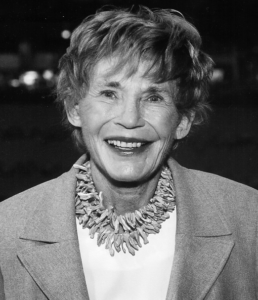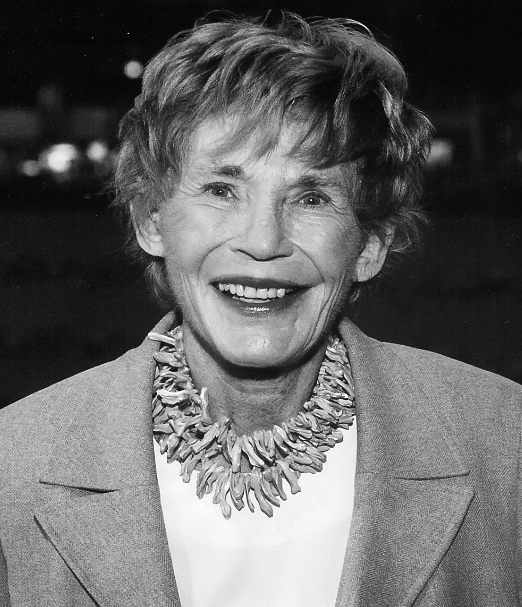
Dr. Carolyn Gerster, co-founder of Arizona Right to Life and former president of the National Right to Life Committee, died Jan. 28. She was 88.
Graduating from medical school at the age of 22, she specialized in internal medicine and cardiology and served two years in the U.S. Army where she attained the rank of captain. While stationed in Frankfurt, Germany, she met her future husband, fellow physician Dr. Josef Gerster. The couple married in 1958 and returned to Carolyn’s childhood home of Phoenix where they raised five sons.
Gerster served her community well, dedicating countless hours as a volunteer at the St. Vincent de Paul Medical Clinic. She will best be remembered, however, for her fervent and fearless defense of human life, believing it to be one of the cornerstones of a physician’s duties. In 1971, she co-founded the Arizona Right to Life Committee, serving over the years as its president and chairman of the board.
When federal laws changed in 1973, she went national, serving as the Arizona director to the National Right to Life Committee the same year. Gerster traveled the world in defense of human life and went on to become NRLC vice president, chairman of the board and president in later years. In 2011 she was honored as a member of the NRLC Board as a Delegate Emeritus.
John Jakubczyk, a Phoenix attorney and the former president of Arizona Right to Life, said Gerster was dedicated to the pro-life movement and to protecting women from abortion.
“She sacrificed her medical career, her family and so much of her time for the cause. When it came to the pro-life effort, she was fearless,” Jakubczyk said. “It was not about her. It was about protecting unborn children and trying to restore the law that had once protected innocent human life. She was an amazing speaker, a brilliant debater and could move audiences with her sincerity and her soulfulness.”
[quote_box_right]
Messages and condolences
link active until March 4[/quote_box_right]
Jinny Perron, who helped found the Arizona East Valley Pro-Life Alliance, knew Gerster well and remembered her as a “true champion of life.”
“She was certainly a lady of distinction and one to admire as an exemplary model of womanhood and someone worthy to strive to imitate, passionately defending life in all its stages from conception through natural death,” Perron said.
A convert to Catholicism, Gerster “loved to make the sign of the cross at the beginning and conclusion of our prayers before and after board meetings,” Perron said. “We can only imagine how joyfully she was welcomed into her heavenly home with the greeting we all hope to receive someday: ‘Well done, my good and faithful servant,’ surrounded by the many babies she strived so diligently to save while on earth.”






